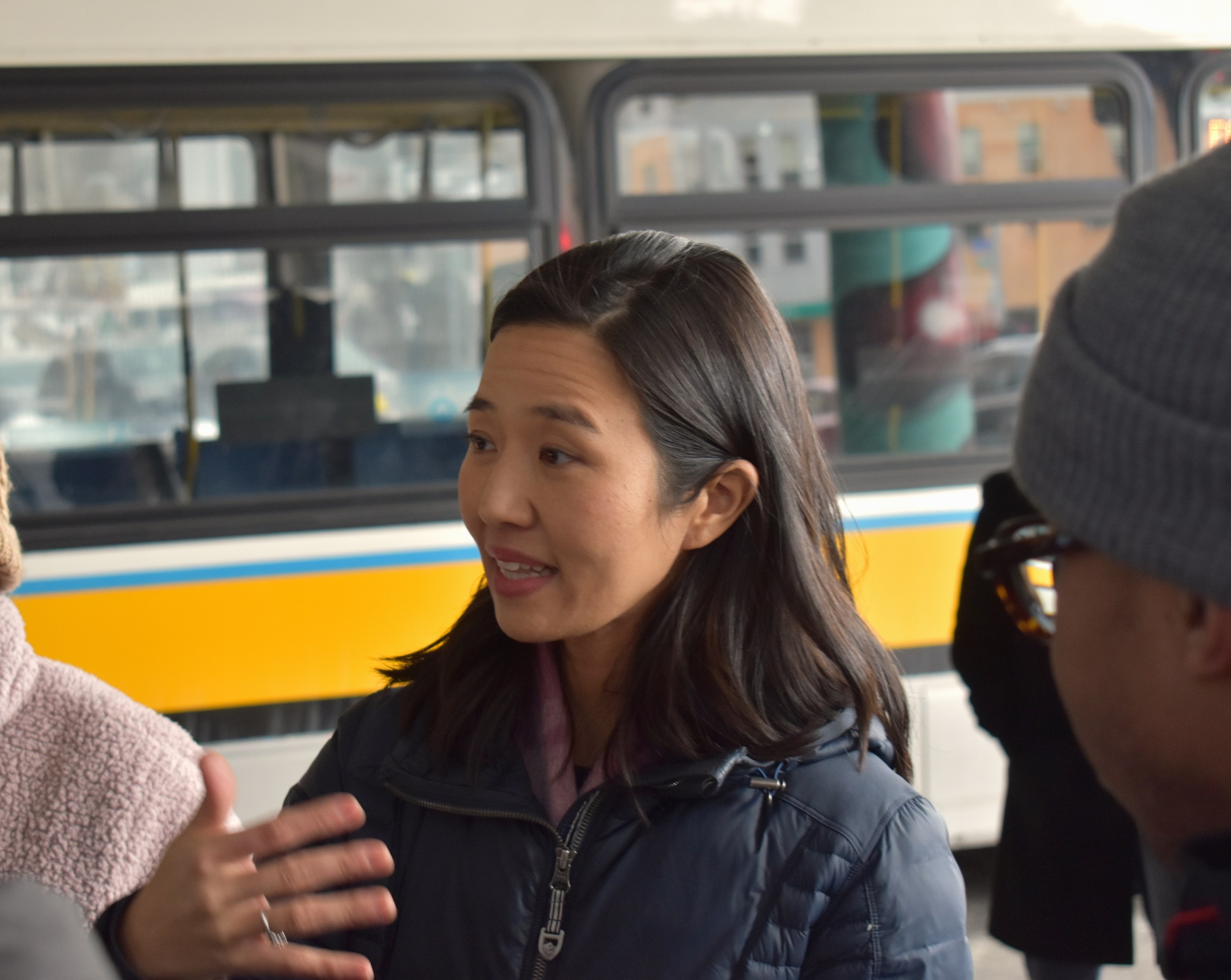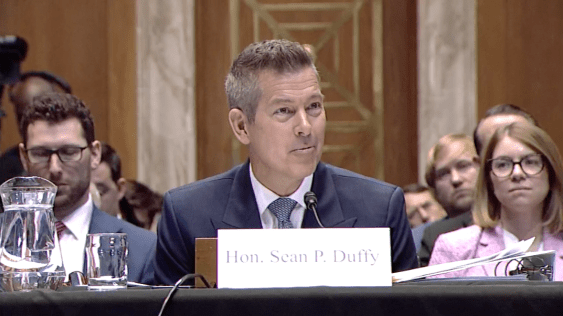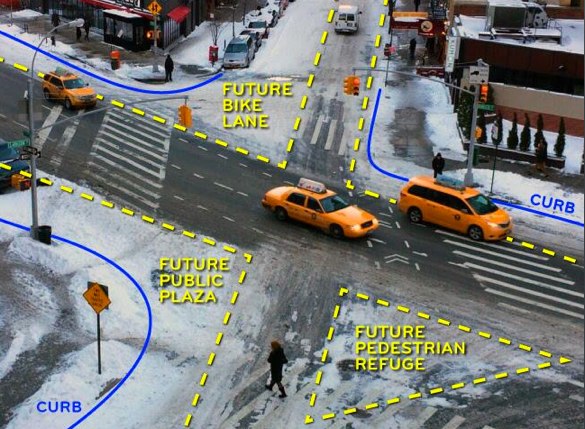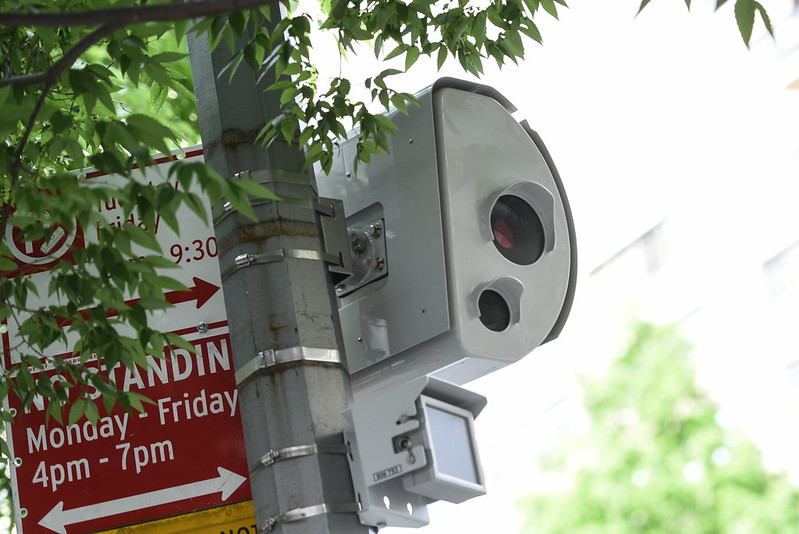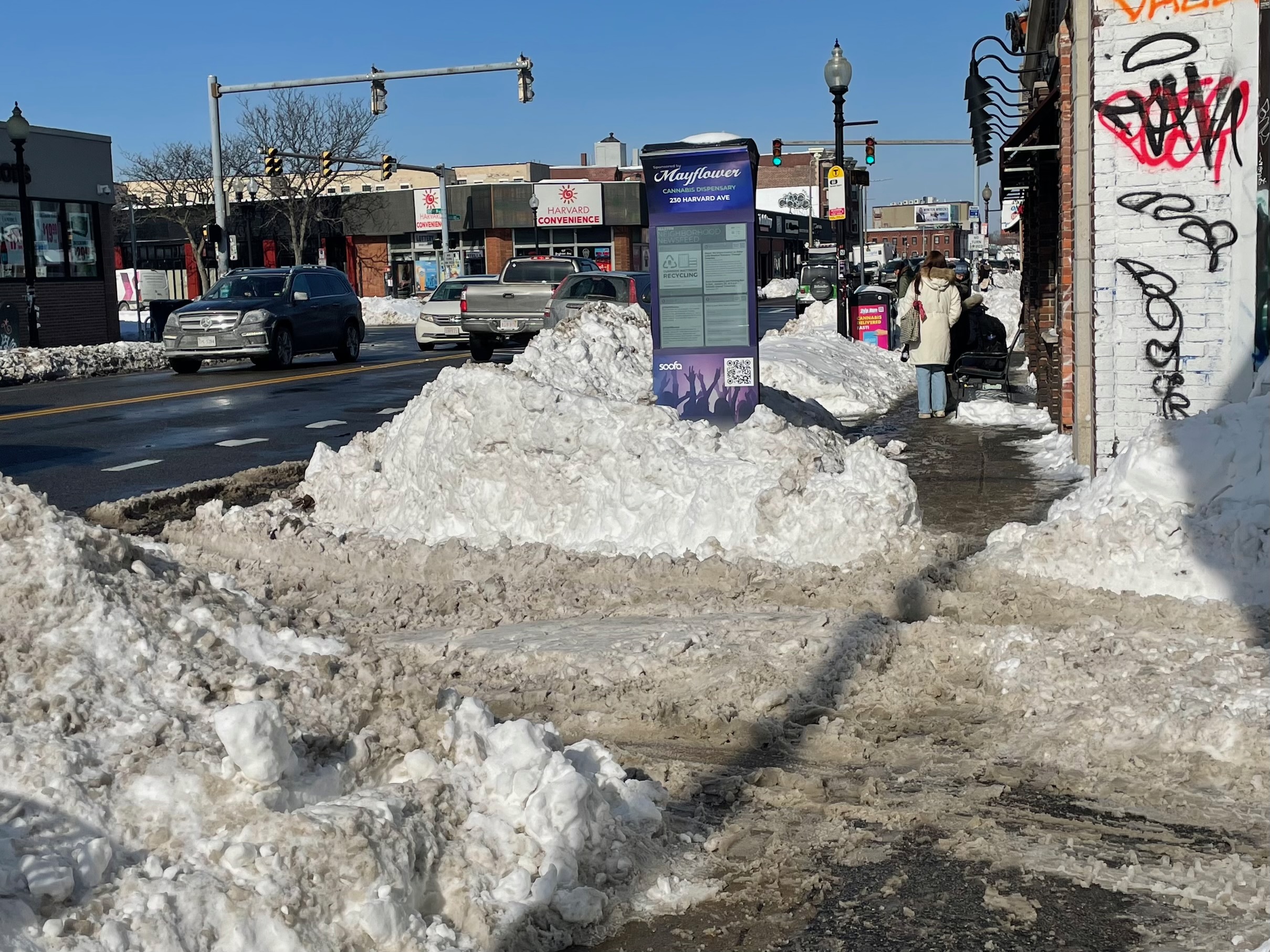As of Tuesday morning, over a dozen bus routes across eastern Massachusetts turned off their fare collection machines in a major expansion of fare-free bus service in Boston and the Merrimack Valley region.
On Tuesday, the City of Boston launched a two-year pilot that will suspend fare collection on three routes that converge on Blue Hill Avenue through Roxbury and Mattapan: the 23, the 29, and the 28 (which has been fare-free since September).
And on Monday, the Merrimack Valley Regional Transit Authority (MVRTA), which serves Haverhill, Lawrence, and surrounding communities, literally tore out the aging and expensive fareboxes on all of the system’s local bus routes to kick off its own two-year fare-free bus service pilot.
There goes the very last fare collection box for the @MVRTA_ - fare free buses are here! Over time this will increase ridership, foot traffic in our downtowns, and lower carbon emissions. pic.twitter.com/66Yr5BoEjC
— Andy X. Vargas (@RepAndyVargas) February 28, 2022
The new fare-free bus routes expand on previous fare-free bus policies. Worcester's WRTA has been fare-free since the spring of 2020, and Boston's 28 has been piloting fare-free bus service since last summer.
Noah Berger, Administrator of the MVRTA, told StreetsblogMASS in December that fares were “a very clunky, inefficient way of generating revenue” for an agency that’s struggling to bring back riders in the wake of the pandemic.
Berger said that the costs of maintaining the MVRTA's aging fare collection equipment, combined with administrative costs, meant that the agency was barely breaking even with its efforts to collect fares.
"Our goal is for Boston to be a proving ground joining with communities across the state that are really transforming what's possible for residents by taking down barriers to access, making buses more reliable, more affordable, and more accessible for all," said Mayor Wu at a press event at the Jackson Square Orange Line station on Tuesday morning.
"This is really a good day for us and our community because it connects people to the resources available to them. Going to the doctor, grocery stores, getting their kids on the bus; it's going to help people that are impacted by not having enough resources to even get on the bus. So this is really a big thing for our community," said Tamara Herd, a member of the Franklin Field Task Force.
Last week, MBTA staff told the T's board of directors that the fare-free pilot on Route 28, New England's busiest bus route, had produced "a material increase in ridership with minimal negative impacts on travel times and reliability."
One of the biggest benefits from the pilot was an estimated 20 percent reduction in dwell times at bus stops, because riders no longer need to fumble for Charliecards or change in order to board the bus.
The T also estimated that two-thirds of the 28's regular riders did not benefit financially from the pilot, because they still need to pay in order to transfer to other routes, or to the subway.
However, the T's analysis estimated that one in five riders on the 28 saved over $20 a month from the suspension of fares. That might sound like modest savings to some readers, but for many transit-dependent households, that savings would have a significant impact: according to the U.S. Census Bureau, the neighborhoods abutting the 28's route have some of the highest household poverty rates in the city.
